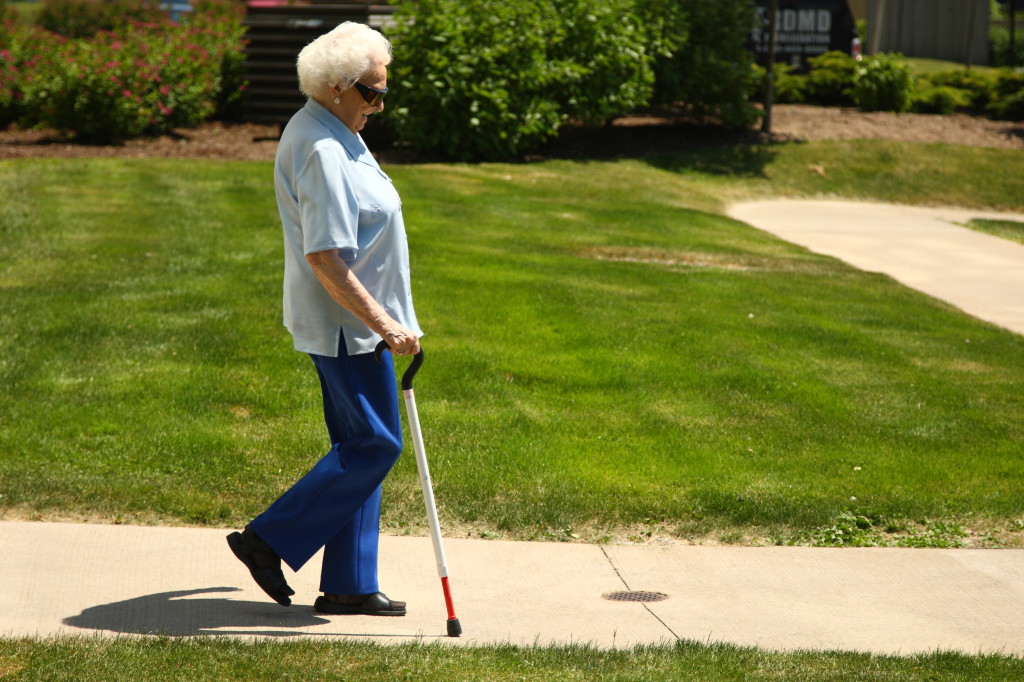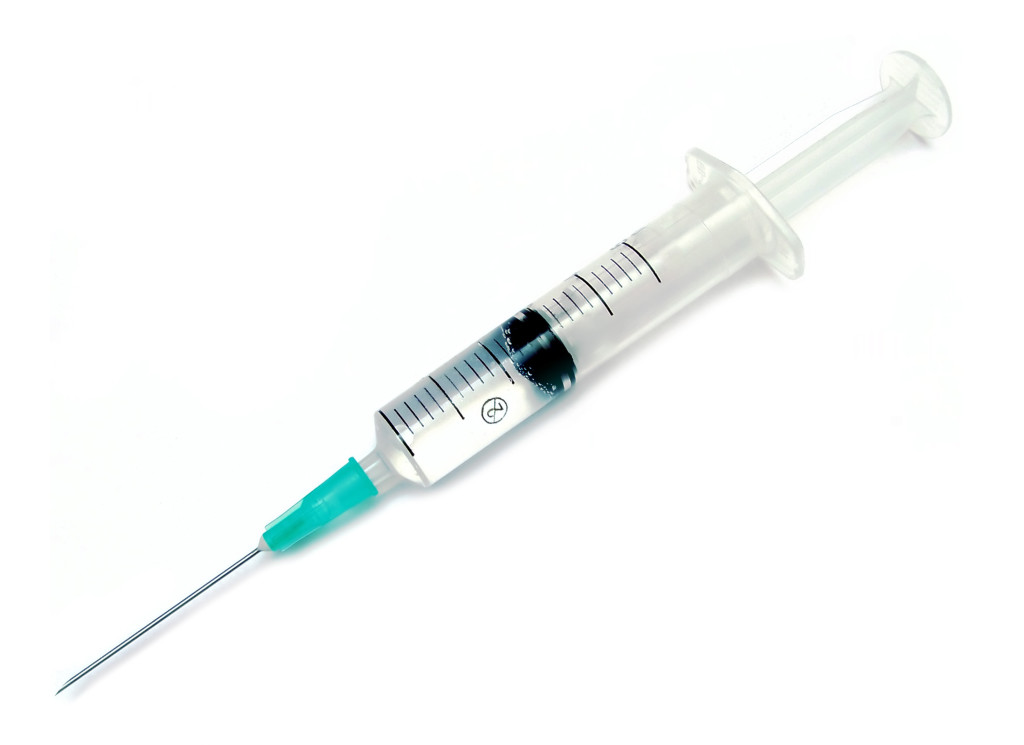AW Health Care’s August Aging Well Journal Newsletter reports on falls, your risk and things you can do to prevent falls.
Falls
According to statistics, each year over 12 million elderly people experience at least one fall. This means about 1 in 3 people over the age of 65 will fall this year. Falling is not good. A fall can result in injury. A fall can land you in the hospital or in a nursing facility. Falls can even result in death.
Am I at Risk?
It’s important to be aware of those things that increase the chance of falling. If you are a caregiver, or an at-risk senior, pay attention to these things:
Vision: Get your eyes checked. Weak vision increases the chance of a fall
Medication: Ask your doctor about your medications to learn if any cause weakness or dizziness which can lead to a fall.
Other Health Conditions: Some inner ear disorders cause dizziness which can lead to a fall. Problems with joint and muscle weakness, or problems with pain can contribute to a fall.
Falling is not a normal part of aging! If you’ve recently had a fall, or even stumbled, let your doctor know. Or call AW Health Care for help. AW can provide you with services in your home or apartment which can help you avoid a fall. Call us. In MO: (314) 726-5600. In IL: (618) 344-8800.
Fall Prevention Ideas
Physical Activity: Try to build strength and balance by regular walking, or doing exercises like Tai Chi. If you avoid physical activity because you are afraid of falling, that’s the time to check with your doctor. Your doctor can refer you to a physical therapist to provide custom exercise for you in your home or apartment. AW Health Care has physical therapists on staff that help people get the right kind of exercise at home to avoid falls.
Your Shoes: Think about your footwear. High heels, slippery soles and floppy slippers can cause a fall. Don’t walk around your home in stocking feet. Be sure to wear shoes that have non-skid soles and fit well.
Home Safety: Look around your home or apartment. Consider ways to remove hazards in every room that can cause a fall.
AW Health Care can provide a safety assessment to identify ways to make your home safer. Here are some:
Clutter: Move furniture, plants, pet bowls, and electrical cords out of pathways. Clean up clutter like boxes and clothes. Secure rugs with double-stick tape.
Lighting: Use high wattage light bulbs inside and outside so you can see where you are walking, especially on stairs. If you get up at night to use the bathroom, turn on the light. Keep a flashlight near your bed in case of power outage.
Railings: Have handrails installed on stairwells. When carrying something, use one hand to hold the railing. Install grab bars in the bathroom to make bathing and toileting safe.
Shelves: In the kitchen, keep cooking utensils and food within easy reach.
What Do I Do If I Fall?
Keep calm. If you feel you can get up, do so slowly. Sit up first. Then use a stable piece of furniture to steady yourself so you can get to your feet. If you can’t get up, call for help or make noise. If you can, crawl to a phone and call 911. If you have a call button, use it.
Falls can also have psychological effects. After a fall some people lose confidence, become withdrawn, avoid social activities and may feel a loss of independence. If you feel this way, call AW Health Care for help. In MO: (314) 726-5600. In IL: (618) 344-8800.
August is National Immunizations Month
Immunizations are not just for children. Adults need vaccinations too. Immunizations are especially important for adults 60 years of age and older who have a chronic condition such as asthma, COPD, diabetes or heart disease. All adults should get the flu vaccine each year to protect against the seasonal flu.
Every adult should get the Tdap vaccine once if they did not get it as an adolescent to protect against pertussis, commonly called whooping cough. Adults should also get a TD, the tetanus diphtheria booster shot every 10 years. The need for other vaccines such as shingles, pneumococcal , hepatitis, or HPV will depend on one’s age, travel, health status and other risk factors.







Comments are closed.